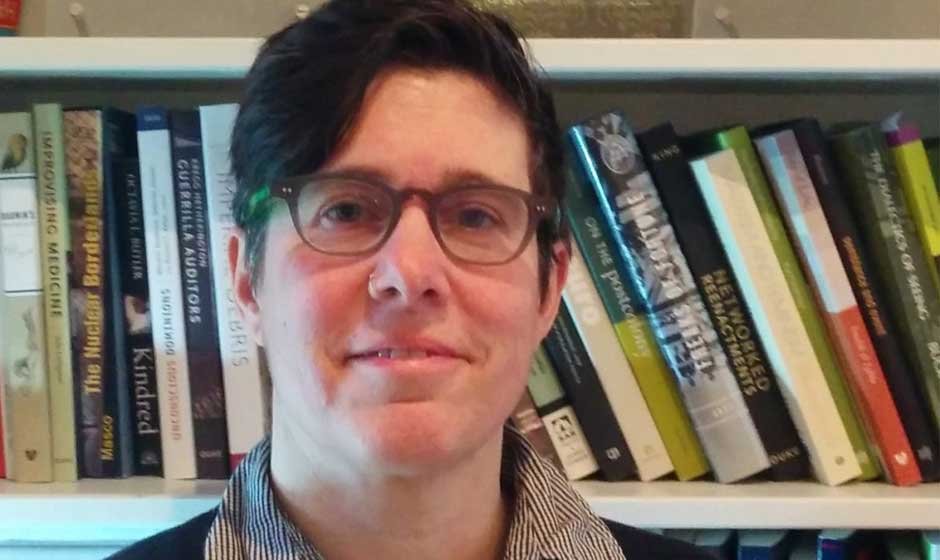Mitchelle Murphy is a Canadian academic whose work has reshaped how we think about science, feminism, environmental justice, and colonialism. Murphy has become a leading voice in feminist technoscience and environmental data justice. She actively seeks to deconstruct colonial frameworks and uplift Indigenous ways of thinking.
Michelle Murphy was born in 1969 and raised in Winnipeg, Manitoba, into a family of mixed Metis and French-Canadian heritage. She developed an early awareness of identity, history, and politics due to her cultural environment. Murphy graduated from the University of Toronto with a bachelor’s degree in Biology and History and Philosophy of Science and Technology in 1992. She joined Harvard University, where she completed her Ph.D. in 1998.
During her time at Harvard, Murphy was interested in the racial dimensions of scientific knowledge. She worked with Evelynn M. Hammonds and participated in a working group on race and science at MIT. The background in biology and philosophy laid the foundation for her academic work. Her work reminds us that science is not neutral and that it is shaped by the values, assumptions, and power structures of the societies that produce it.
Michelle Murphy Career and Key Publications
From 1996 to 2007, Murphy edited the website RaceSci, dedicated to anti-racist studies in science, medicine, and technology. She was working with scholars like Adele Clarke to organize panels on race and science at the Society for Social Studies of Science. Her research work focuses on a wide variety of topics, including environmental justice, race and science, indigenous science and technology studies, and reproductive justice.
As Co-Director of the Technoscience Research Unit at the University of Toronto, Murphy leads a team dedicated to social justice and decolonial approaches to science and technology studies. She also holds a Tier 1 Canada Research Chair in Science & Technology Studies and Environmental Data Justice, reflecting her status as a leading scholar in the field. She published her first book, Sick Building Syndrome and the Problem of Uncertainty, in 2006. It explains how environmental illness, such as Sick Building Syndrome, was understood and managed in the late 20th century.
Murphy shows how uncertainty in science is a technical and political issue shaped by gender, labour, and institutional interests. The book Seizing the Means of Reproduction is about feminism, health, and technoscience. She traces the history of reproductive politics and the role of feminist health activists in challenging medical authority. The book The Economization of Life examines how economic thinking has infiltrated the field of biology and public health. She critiques how life itself is quantified, managed, and commodified through practices like population control and risk assessment.
Her books are widely cited and have earned prestigious awards, including the Ludwik Fleck Prize from the Society for Social Studies of Science in 2008 and 2019. Michelle Murphy’s contributions have been recognized with several awards and honours. She has mentored countless students and scholars, fostering a new generation of critical thinkers. Her platform is used to challenge dominant paradigms and advocate for justice.













